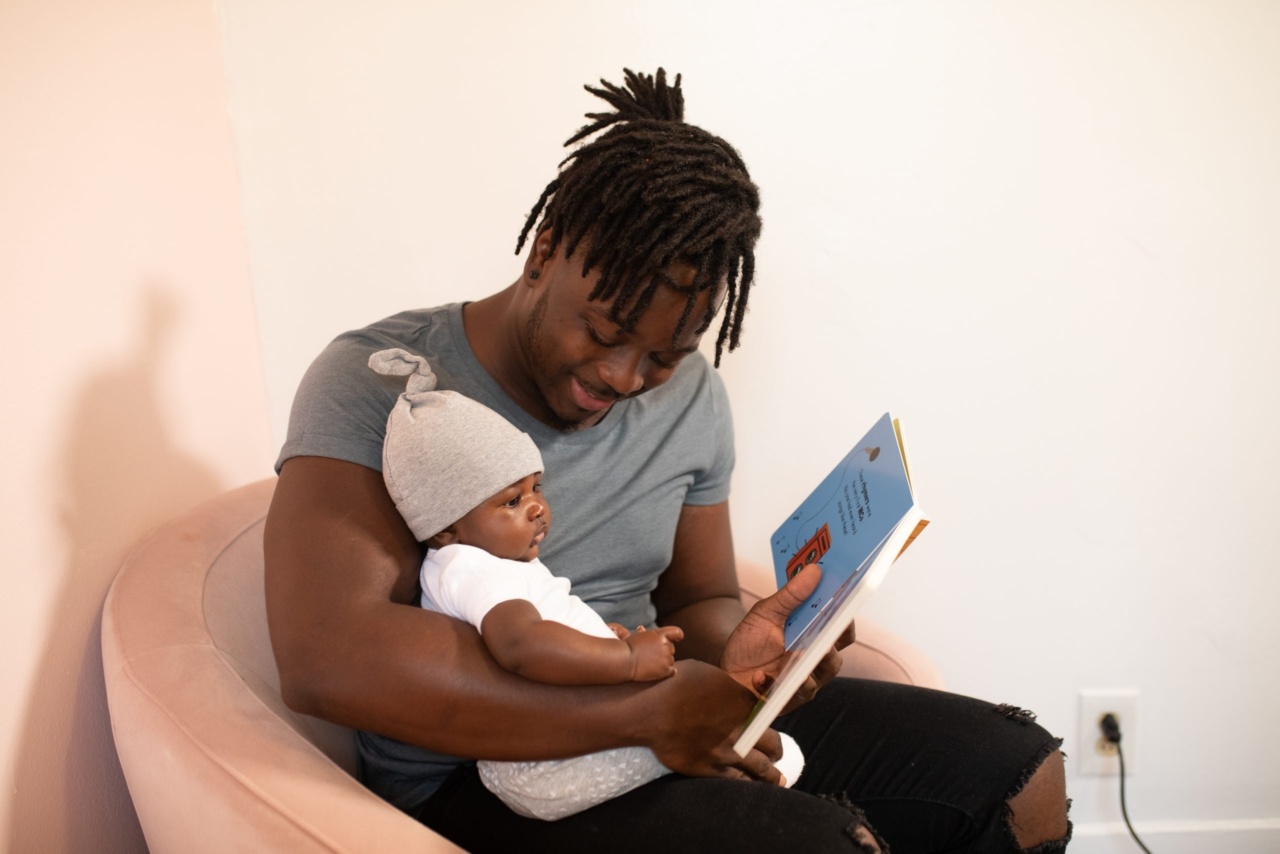Deciding to start a family and have a baby is a significant decision in anyone’s life. It is crucial to understand the best time to conceive and increase the chances of a healthy pregnancy and successful pregnancy.
While the perfect time may vary from person to person, certain factors can help determine the most opportune moment for trying to conceive. In this article, we will explore various aspects, including age, physical health, mental well-being, financial stability, and relationship readiness, to help you understand when might be the best time to try for a baby.
1. Age and fertility
One of the most critical factors to consider when trying to have a baby is a woman’s age. Fertility declines as one ages, especially after the age of 35.
Women are born with a finite number of eggs, and as they get older, the quantity and quality of these eggs decrease.
Understanding the biological clock: A woman’s most fertile years are typically between her late teens and late 20s. Fertility gradually decreases in the 30s but starts declining significantly after the age of 35.
By the time a woman reaches her early 40s, her fertility declines even more rapidly.
2. Physical health and wellbeing
Another crucial aspect to consider before trying to conceive is the physical health of both partners.
Maintaining a healthy weight: Being underweight or overweight can impact fertility in both men and women. It is advisable to maintain a healthy body mass index (BMI) before attempting to conceive.
Managing chronic health conditions: If you or your partner have any chronic health conditions, such as diabetes or hypertension, it is important to have them well-managed before trying for a baby.
Taking prenatal vitamins: It is recommended for women to start taking folic acid or prenatal vitamins even before conception to ensure a healthy pregnancy.
3. Mental and emotional readiness
Preparing for a baby is not just about physical health but also about mental and emotional readiness. It is important to evaluate your emotional well-being before starting a family.
Stability and support: Having a stable support system in place, including a supportive partner, family, or friends, can greatly contribute to a healthy pregnancy journey.
Emotional preparedness: Pregnancy and parenting come with their own set of challenges and responsibilities. Both partners should feel emotionally ready and prepared for the changes that come with starting a family.
4. Financial stability
Raising a child comes with various financial responsibilities. Considering your financial stability before trying for a baby is essential.
Budgeting and planning: Assess your financial situation and plan for the costs associated with child-rearing, including healthcare, education, and daily expenses.
Emergency fund: It is advisable to have some savings in place to handle any unforeseen circumstances that may arise during pregnancy or after childbirth.
5. Relationship readiness
Having a strong and stable relationship is vital when starting a family. Both partners should feel ready to embark on this journey together.
Open and honest communication: Discuss your desires, goals, and expectations regarding having children with your partner. Ensure you are on the same page before taking the next step.
Shared responsibilities: Parenting requires shared responsibilities. Assess your relationship dynamics and ensure you both are willing to support each other throughout the journey.
Conclusion
Deciding when to try for a baby is a deeply personal decision that depends on various factors.
While age and fertility are crucial considerations, factors such as physical health, mental well-being, financial stability, and relationship readiness also play significant roles. It is important to evaluate and address these factors to increase the chances of a healthy and successful pregnancy.































